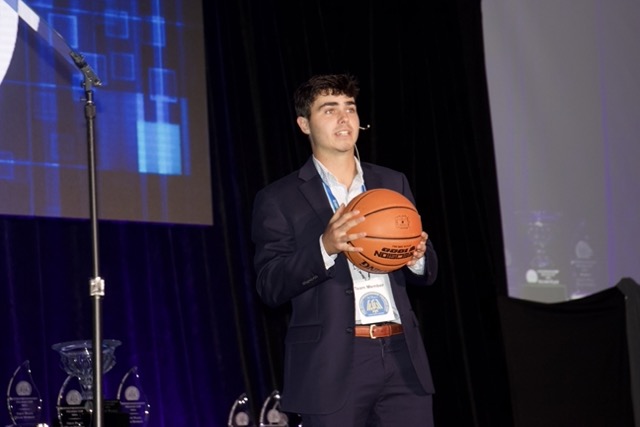The U.S. Supreme Court will face yet another landmark case this year. In Fisher v. Texas, Abigail Fisher is suing the University of Texas for discriminating against her and denying her application of admission based on her race.
UT says it is working within the parameters of the law. The Supreme Court ruled in Grutter v. Bollinger in 2003 that affirmative action, which helps ensure adequate minority representation in the workplace, was necessary and as Justice Ruth Ginsburg, said in the majority opinion for Grutter, “…will be necessary for another 25 years.”
“It should be applied to the public sector. If a private business owner doesn’t want to hire someone because they’re black or because they’re white, then that’s their businesses,” said Josh Dean, a junior political science major from Baskin. “If people don’t like that, don’t buy the product. I don’t think anyone has the right to tell a business who they can and can’t hire.”
Dean doesn’t think that affirmative action should be needed in the private sector. He states that the government needs to stay out of private businesses, and let the people decide through the market if businesses that discriminate should be successful.
Justice Samuel Alito has since replaced Ginsburg and his stance on affirmative action is less supportive. Alito says that if people want to stop discrimination, then stop discriminating. Justice Elena Kagen, the newest edition of the Court, has recused herself from the case due to her involvement.
“Affirmative action is stupid. The best candidates are the ones who should be hired,” said Ethan Downing, a sophomore from Transylvania. Downing said he doesn’t feel affirmative action has stopped discrimination, but rather encouraged it by means of the government.
“I think it’s unconstitutional to not admit a student based on race,” said retired District Judge Glynn Roberts, who still serves the court ad hoc. Roberts says the federal government cannot tell private businesses they have to hire a certain number of people to fill slots when those people may be less qualified.
“They’re spending their own capital that they earn. And you’ve got qualified people who study and make the grade, and they can’t get the job because they’re white or some other race,” Roberts said.
Those who follow the court believe that this case will come down to Justice Anthony Kennedy. Since Ginsburg’s retirement, Kennedy has become the swing vote for many of the courts five-to-four decisions.








